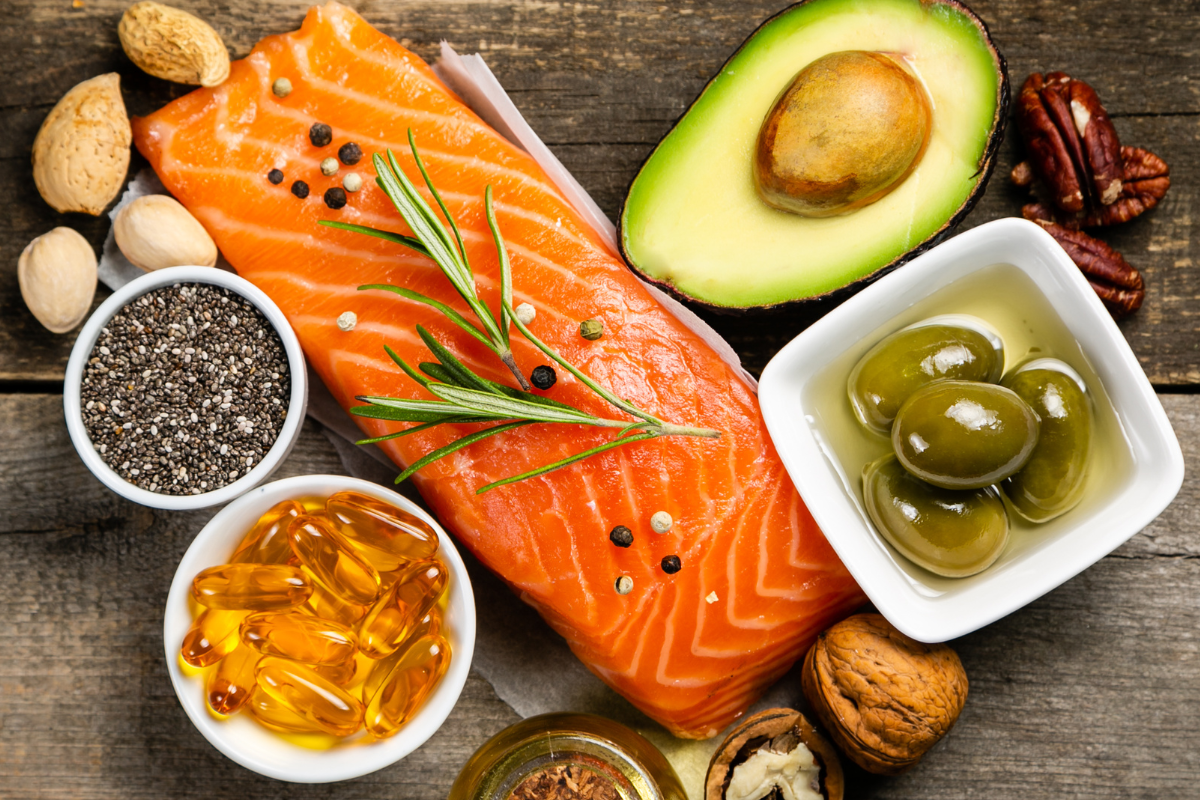Bloggin Noggin

6 Reasons Your Noggin Loves Magnesium
We all know how important it is to look after our bodies, but our brains deserve just as much love. From juggling a busy work schedule to remembering where we left our phone (again), our brains are constantly working hard.

How Does Chronic Pain Affect Our Brain?
Chronic pain is something many of us live with every day. From endometriosis and fibromyalgia to migraines, pelvic pain, and autoimmune conditions, pain may feel like a constant part of life for many of us, and as we age it can become more apparent, too.

Why The Feel-Good Power of Socialising Is So Good for Our Brain
There's something extra special about the moments we have to catch up with family - whether because of an occasion like Easter or Christmas, or simply meeting up and laughing with friends. Being in the company of people we love and enjoy the company of can make us feel seen and supported.

5 Fascinating Ways Cacao Supports Our Brain and Boosts Our Mood
We’ve all experienced that little lift after enjoying a square of dark chocolate. But beyond the pleasure of its rich, comforting taste, cacao - the raw, unprocessed form of chocolate - has some truly remarkable benefits for our brain.

Building Blocks For Brain Health: Rest and Relaxation
Rest plays a critical role in memory consolidation, creativity, and mental resilience. Studies show that taking breaks throughout the day enhances problem-solving skills and productivity. Without sufficient rest, the brain becomes overwhelmed, leading to difficulty in concentration and decision-making. Here's why rest is an essential building block for your brain health.

Building Blocks for Brain Health: Movement
Regular movement is in important building block for our brain health. It increases blood flow to the brain, delivering oxygen and nutrients essential for cognitive performance. Even gentle exercise has been shown to reduce stress, improve memory, and enhance overall brain health, so you don't have to worry about managing HIIT classes, either!

Building Blocks for Brain Health: Diet & Health
The connection between our gut and brain is one of the most fascinating areas of neuroscience! Often referred to as the "second brain," scientists believe that the gut plays a crucial role in mental and cognitive health. Here's why our diet is an important building block for your brain health.

Building Blocks for Brain Health: Sleep
Our brains work tirelessly throughout the day, processing information, making decisions, and regulating emotions. When we sleep, the brain undergoes essential maintenance, removing toxins, consolidating memories, and restoring cognitive function. Without proper rest, mental clarity, mood, and overall well-being can suffer and that's why SLEEP is an important building block for our brain health.

Brain Booster Tips: 5 Quick Ways To Energise Your Noggin Now
Flagging by 3pm and need a quick way to recharge through the rest of the day?

How Does Weight Loss Affect Our Brain Health?
It can feel like the pressure to lose weight is everywhere right now, and while it's important for our overall health to maintain a healthy weight, trying to lose weight quickly with restrictive diets or short term low-calorie plans can have a surprising impact on our brain health.

7 Surprising Ways Omega-3 Can Boost Your Brain
Omega-3 is often praised for its heart health benefits, but its impact on brain function is just as impressive. These essential fatty acids play a key role in everything from memory to mood, making them a must-have in our diets at every stage of life.

How to Set Intentions For the New Year (and Keep Them!)
As we enter a new year, a familiar question arises: Have you set any resolutions for the year ahead? From crazy goals like running marathons (we prefer a gentle jog) to more modest ones like eating more vegetables or reading a book a week, we need to be honest with ourselves: resolutions are made to be broken, right?






